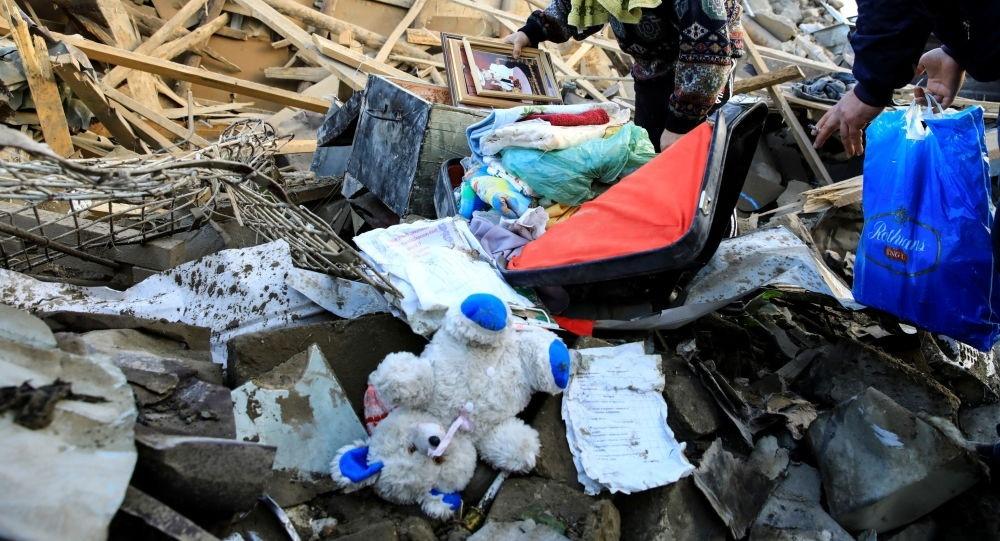WHO mission assesses Azerbaijani health sector challenges after Karabakh war

By Vafa Ismayilova
The WHO rapid Health Needs Assessment Mission to the conflict-affected regions of Azerbaijan has found out that the combination of the Nagorno-Karabakh war and the current COVID-19 pandemic has added a heavy burden on the health system in Azerbaijan and has impacted on the provision of essential health services. These are some of the mission's initial findings, Azertag has reported.
WHO’s five-day visit to the regions was aimed at evaluating existing response capacity and immediate needs, to identify short− and medium−term priorities in the health sector. The WHO mission deployed to work with people on the ground to address population's health needs in conflict-affected regions both in general terms and specific to COVID-19.
“Getting in the field, close to those who work on the front-line of the response and to the people who suffer is the best way to understand the needs and tailor the support,” WHO Representative to Azerbaijan Hande Harmanci said.
“One of the main challenges we identified is the limitations of the health sector to address the escalating need for mental health and psychosocial support in the conflict-affected areas. WHO will continue to work with national counterparts and UN partners in Azerbaijan to support the country on these issues,” she said.
WHO expert team was joined by representatives of the Health Ministry and TABIB and travelled to Ganja, Tartar, Barda, and Aghdam between 8 and 12 December. They visited 12 healthcare facilities, including hospitals, primary healthcare centers, and medical points to observe the major health impacts due to the latest conflict on the civilian population and identify groups and areas most at risk.
Health care workers have been overwhelmed in the past months and their efforts have been heroic, as WHO experts acknowledged. Some health facilities have been partly damaged hence some of their patients had to be evacuated. Essential health services, such as immunization, care of chronic diseases, mother and child health services have been seriously interrupted. An increased number of COVID-19 infections has been reported among health care providers and some of them lost their lives.
Many civilians, especially those who lost family members and whose houses were destroyed by shelling seem heavily affected. We observed that the government along with international and national groups started to provide psycho-social support for some of these groups. There is a need for more work and a better coordination in this area to reach a larger population as soon as possible.
“The conflict in addition to the COVID-19 pandemic created a significant impact and challenge for the health system and more so for the health care providers to cope with the increased workload in these regions. They all do their best with the means that they have. The safety of health care workers is important for us. They are at continuous risk of contracting COVID-19. We need to work together, guided by science and evidence and learn to live with this new normal life if we want to get the pandemic under control,” Dr. Marie T. Benner, the mission’s leader stated.
Azerbaijan's victorious 44-day war with Armenia ended with a Russia-brokered peace deal signed on November 10 by the Azerbaijani, Russian and Armenian leaders. A total of 101 Azerbaijani civilians were killed in Armenia's indiscriminate attacks. Some 2,783 Azerbaijani servicemen, who fought for the country's territorial integrity, were killed in the war. The work to identify 103 servicemen through the DNA analysis is underway. More than a hundred Azerbaijani servicemen are considered missing. Presently, 1,245 Azerbaijani servicemen are being treated in hospitals.
--
Follow us on Twitter @AzerNewsAz
